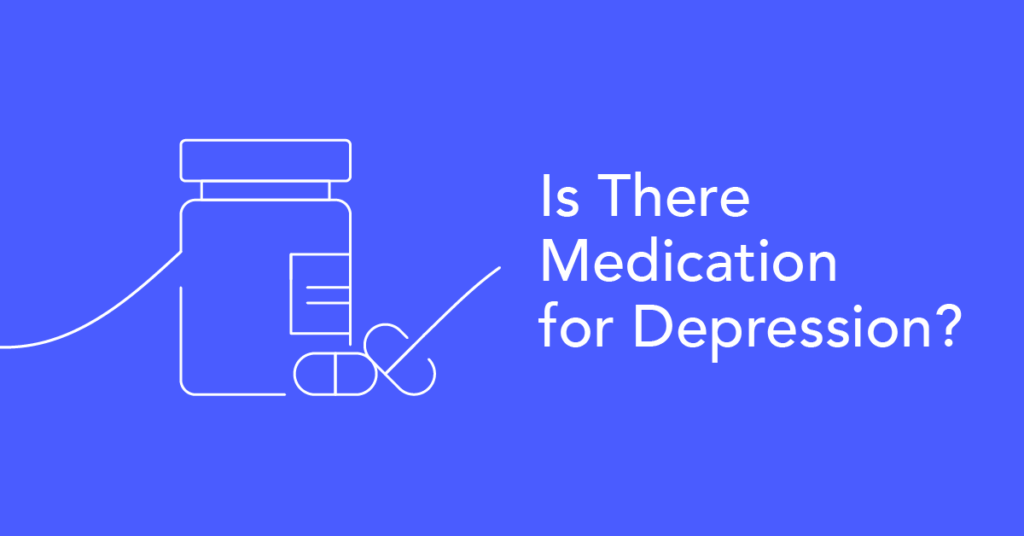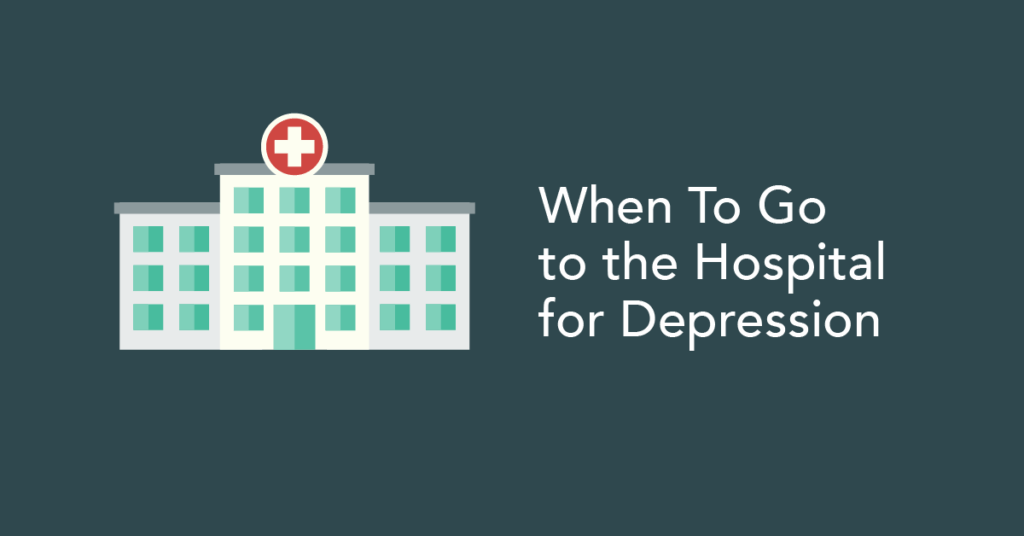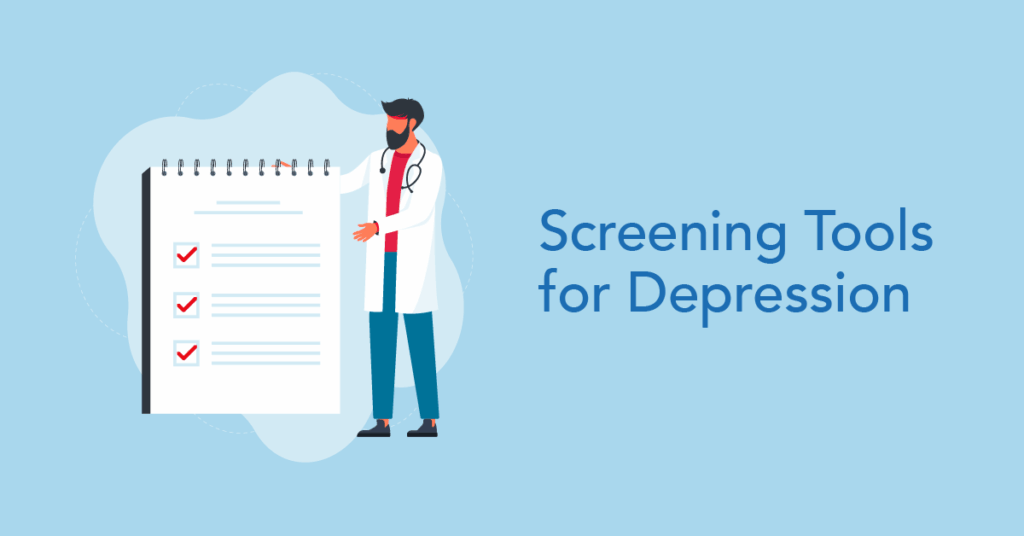Depression is often treatable with medication:
SSRIs and SNRIs are most common
Atypical antidepressants may help
Best results when paired with therapy
Depression is one of the most common mental health conditions. In 2023, approximately 5% of Americans over age 18 experienced regular feelings of depression, and for many, medication plays a key role in recovery. But if you or someone you care about is struggling with depression, navigating the world of depression medication can feel overwhelming. Understanding your options is the first step toward finding relief, and it starts with knowing what antidepressants are, how they work and what to expect.
What Are Antidepressants?
Antidepressants are a class of medications that treat symptoms of depression by balancing brain chemicals, such as serotonin, norepinephrine and dopamine. These neurotransmitters affect mood, motivation, sleep and energy levels — areas often disrupted by depression. While not a cure, antidepressants can help reduce the intensity of symptoms, making it easier to function day-to-day, participate in therapy and rebuild a sense of well-being.How Depression Medication Works
Depression medications adjust chemical activity in the brain that influences mood and emotions. Different types of antidepressants target different neurotransmitters, which is why finding the right medication can take time and may involve trial and error under a health care provider’s guidance. Most antidepressants take 2 to 6 weeks to reach their full effect. During this time, some people may experience side effects, such as sleep disturbances, nausea or changes in appetite, but these usually lessen with time. Starting medication is a process, not an instant fix. But for many people, it’s a life-changing tool.Antidepressants List: Common Types of Depression Medication
There are several classes of antidepressants. Each type works a bit differently and may be more effective for certain people or symptoms. Here’s a general antidepressant list with the most commonly prescribed options:Selective Serotonin Reuptake Inhibitors
These are often the first line of treatment due to their effectiveness and relatively mild side effect profile. Common SSRIs include:- Fluoxetine (Prozac)
- Sertraline (Zoloft)
- Citalopram (Celexa)
- Escitalopram (Lexapro)
- Paroxetine (Paxil)
Serotonin-Norepinephrine Reuptake Inhibitors
These target serotonin and norepinephrine to help with mood and energy. Common SNRIs include:- Venlafaxine (Effexor XR)
- Duloxetine (Cymbalta)
- Desvenlafaxine (Pristiq)
Atypical Antidepressants
These don’t fit neatly into the SSRI or SNRI categories but can be effective alternatives. Examples include:- Bupropion (Wellbutrin) – Also used to help quit smoking
- Mirtazapine (Remeron) – Often used when sleep or appetite is affected
Tricyclic Antidepressants
This is an older class of antidepressants, typically used when other options haven’t worked. Common TCAs include:- Amitriptyline (formerly Elavil)
- Nortriptyline (Pamelor)
- Imipramine (Tofranil)
Monoamine Oxidase Inhibitors
Although these are rarely prescribed today due to dietary restrictions and interactions, they’re still an option in treatment-resistant cases. Examples include:- Phenelzine (Nardil)
- Tranylcypromine (Parnate)
Do I Need Depression Medication?
Whether you need depression medication depends on the severity of your symptoms, your personal history and how depression affects your daily life. You might benefit from medication if you:- Struggle to get out of bed or take care of basic needs
- Feel persistently hopeless or numb
- Experience frequent crying spells or emotional outbursts
- Have lost interest in things you used to enjoy
- Can’t focus, work or maintain relationships
- Have thoughts of self-harm or suicide
What to Expect When Starting Medication
Here’s what to know about beginning antidepressant treatment:- You may not feel better right away. Most medications take a few weeks to work.
- Side effects are common in the beginning. They often fade.
- Open communication with your doctor is key. Be honest about how you feel.
- Adjustments may be needed. It might take a few tries to find the right medication and dosage.
- Stopping suddenly can be dangerous. Always consult your doctor before making changes.
Therapy and Medication: A Powerful Combo
Many people find that combining antidepressants with therapy provides the most lasting relief. While medication helps stabilize brain chemistry, therapy helps identify root causes, build coping skills and create long-term change. Cognitive behavioral therapy, interpersonal therapy and dialectical behavior therapy are all proven to be effective in managing depression, especially when paired with medication.Finding the Right Support
If you’re considering depression medication, the first step is to talk to a primary care provider, psychiatrist or licensed mental health professional. They can help you evaluate your symptoms, discuss your options and design a treatment plan that fits your needs. If you’re not sure where to begin, contact the Mental Health Hotline for free, confidential support to help you understand your choices and connect with resources. You don’t have to navigate this alone.Editorial Team
-
 Written By: Mental Health Hotline
Written By: Mental Health HotlineMental Health Hotline provides free, confidential support for individuals navigating mental health challenges and treatment options. Our content is created by a team of advocates and writers dedicated to offering clear, compassionate, and stigma-free information to help you take the next step toward healing.
-
 Reviewed By: Raymond Castilleja Jr., LCSW-S
Reviewed By: Raymond Castilleja Jr., LCSW-S


